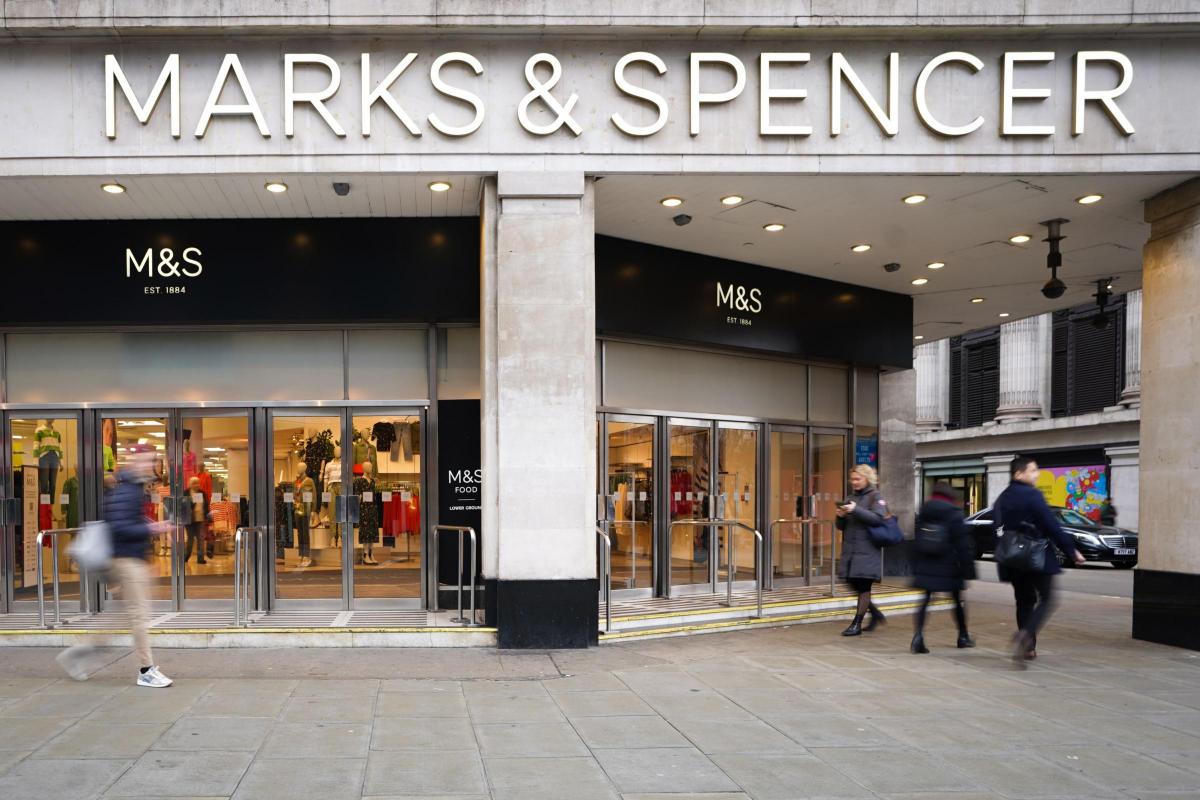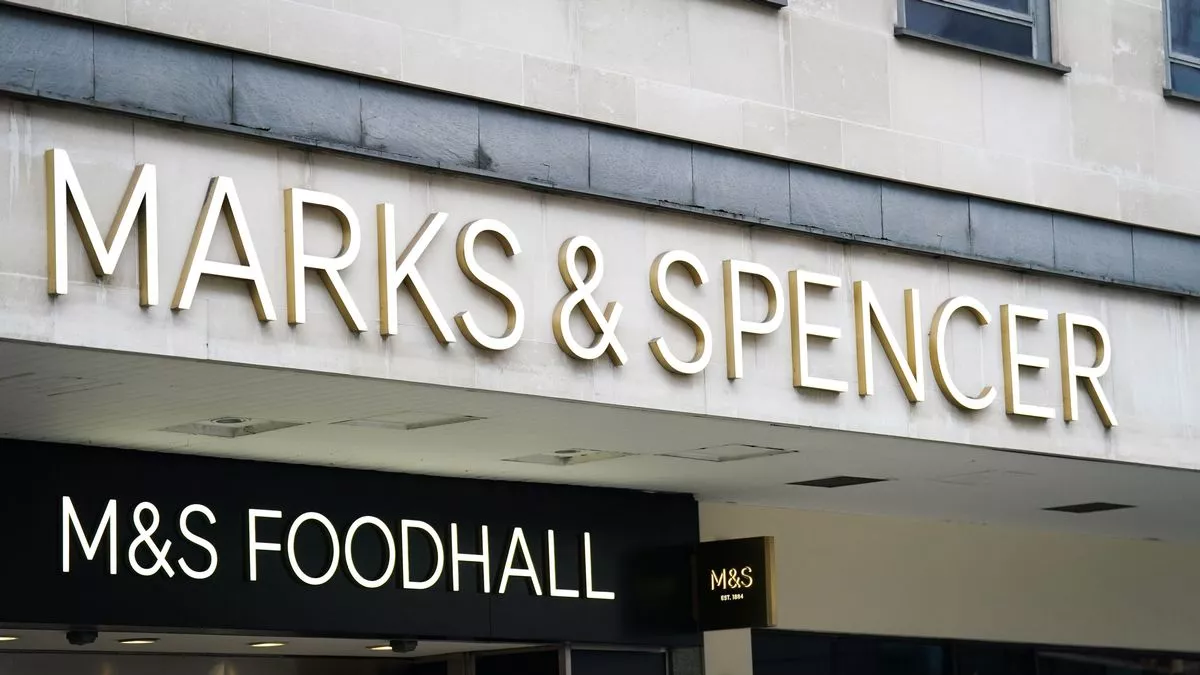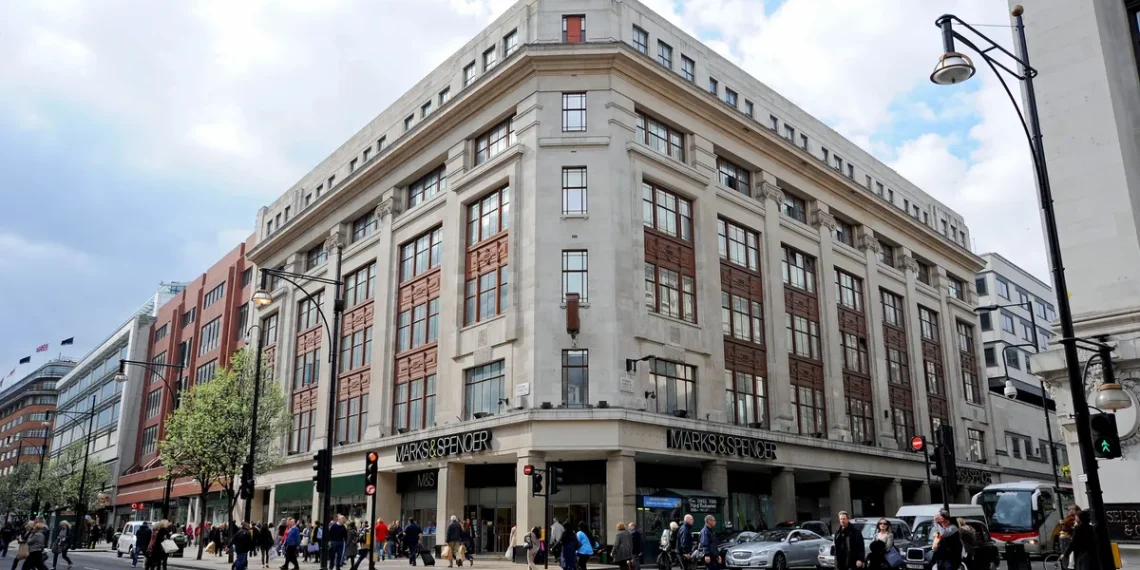In a significant ruling, the High Court declared the British government’s denial of planning permission for Marks & Spencer’s flagship store reconstruction in Marble Arch unlawful.
Last year, Michael Gove, the Levelling Up, Housing and Communities Secretary, rejected the proposal citing heritage and environmental concerns, overturning the local council’s approval.

Marks & Spencer aimed to revamp the Art Deco building, a landmark since 1929 on Oxford Street, London’s famed shopping hub. Chief Executive Stuart Machin criticized Gove’s decision as “utterly pathetic,” leading to a legal challenge.
Following a February hearing, Judge Nathalie Lieven determined Gove had misapplied planning policy and failed to justify the refusal’s impact on London’s West End. M&S warned it might vacate the site without redevelopment.
Sacha Berendji, M&S Operations Director, emphasized the proposed project’s benefits, including job creation and environmental sustainability. The court’s decision underscores the potential for urban regeneration and sustainable growth.
M&S’s planned redevelopment aligns with broader initiatives for economic revitalization and environmental stewardship. However, the Department for Levelling Up, Housing and Communities is reviewing the judgment’s implications.

The ruling marks a victory for M&S, signaling the potential for unlocking extensive socio-economic benefits and supporting urban regeneration efforts.
Despite legal battles, M&S reported robust sales during the Christmas period, showcasing resilience amidst challenging retail landscapes. The court’s decision not only impacts M&S but also sets a precedent for balancing heritage preservation with modernization and sustainable development in urban planning.
The outcome of this legal dispute resonates beyond M&S, highlighting the delicate balance between heritage conservation, economic development, and environmental sustainability in urban planning decisions.





